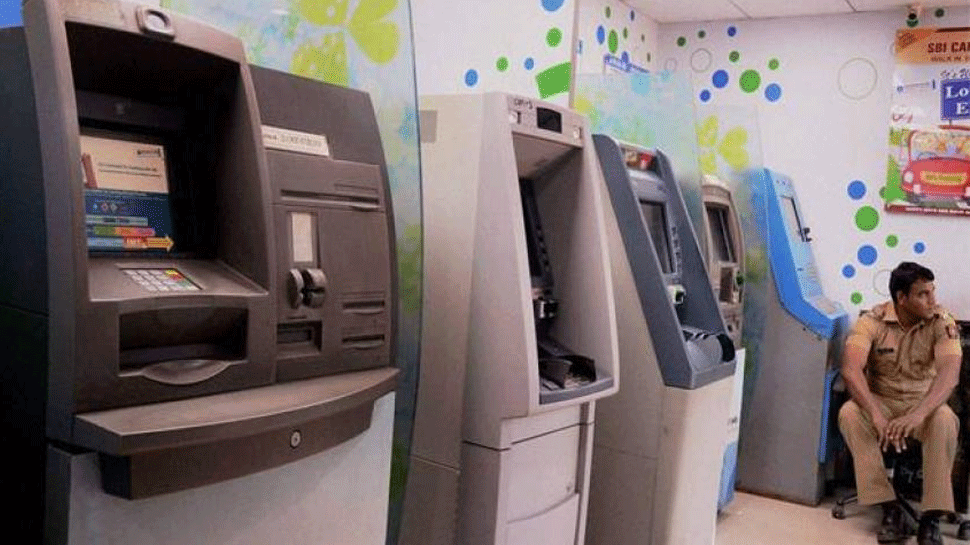The industry body warned that this may result in long queues and chaos similar to what the country witnessed when ATMs were not dispensing cash in the aftermath of demonetization. Closure of the ATMs will impact thousands of jobs and also the financial inclusion efforts of the government.

Mumbai: Indians will have lesser cash to use come March 2019 and it could spell a doom equivalent to demonetization.
As many as 1.13 lakh automated teller machines (ATMs) across the country might shut down by March 2019 owing to the regulatory changes that make ATM operations unviable because of the huge costs involved, the Confederation of ATM Industry (CATMI) said.
The regulatory changes include those on hardware and software upgrades, coupled with mandates on cash management standards and the cassette-swap method of loading cash. “These numbers include approximately one lakh off-site ATMs and a little over 15,000 white-label ATMs, the apex body of the domestic ATM industry said in a statement.
As per the latest RBI figures, there are about 2.21 lakh installed ATMs in the country. Other estimates suggest there are 2.38 lakh ATMs in the country.
ATMs in non-urban areas will be the worst-affected.
Closure of the ATMs will impact thousands of jobs and also the financial inclusion efforts of the government, the industry body said in a statement.
“A large number of ATMs in non-urban locations may be shut down due to unviability of operations. If this happens, the financial inclusion programme would be severely impacted as millions of beneficiaries under the government’s Pradhan Mantri Jan Dhan Yojana (PMJDY) scheme who withdraw subsidies in form of cash through ATMs may find their neighbourhood ATM shut,” said CATMi in a statement.
The industry body warned that this may result in long queues and chaos similar to what the country witnessed when ATMs were not dispensing cash in the aftermath of demonetization.
CATMi said that its members, which include ATM managed service providers (MSPs), brown-label ATM deployers (BLAs) and white-label ATM operators (WLAOs), are already reeling under the financial impact caused by huge losses during and post-demonetisation as cash supply was impacted and remained inconsistent for months. The WLAOs have accumulated losses and the compliance costs can result in over 15,000 machines run by them shutting down, the industry body added.
“The situation has further deteriorated now due to the additional compliance requirements that call for a huge cost outlay. The service providers do not have the financial means to meet such massive costs and may be forced to shut down these ATMs, unless banks step in to bear the load of the additional cost of compliances,” said the industry body.
It added that revenues from providing ATMs as a service are not growing at all due to very low ATM interchange and ever-increasing costs.
“In April, the RBI had mandated a minimum net worth of ₹100 crore for service providers and their sub-contractors handling cash management logistics on behalf of banks. It also directed cash vans transporting money to have CCTVs, GPS connectivity, tubeless tyres, hooters and wireless communication systems. Approximately 100,000 off-site ATMs, and over 15,000 non-bank ATMs could shut down,” Livemint reported.
According to CATMI, an estimated outlay of about ₹3,500 crore is needed to comply with the new cash logistics and cassette swap method. “These requirements were never anticipated by the industry participants at the time of signing contracts with the banks. Many of these agreements were inked four to five years ago,” the statement said.
“The ATM industry in India has reached a “tipping point”, and unless ATM deployers are compensated by banks for making these investments, there is likely to be a scenario where contracts are surrendered, leading to the large-scale closure of ATMs, the statement said,” the report added.